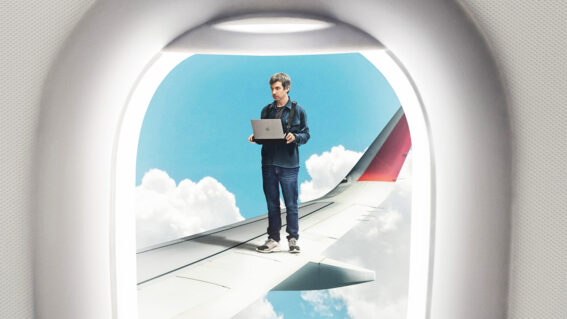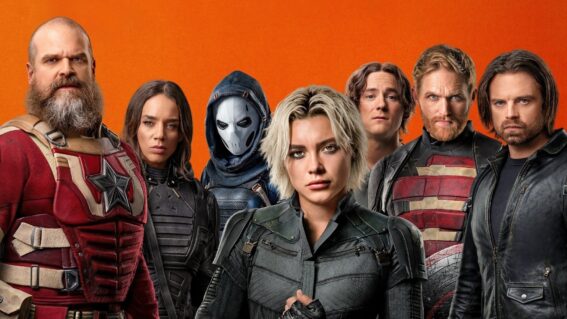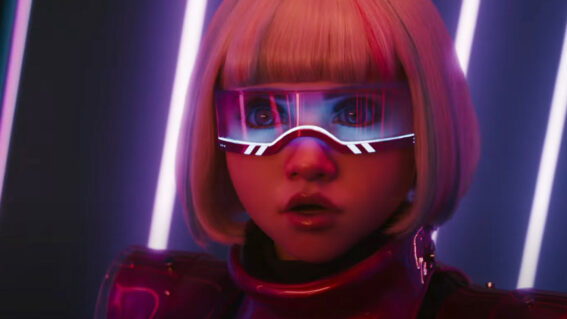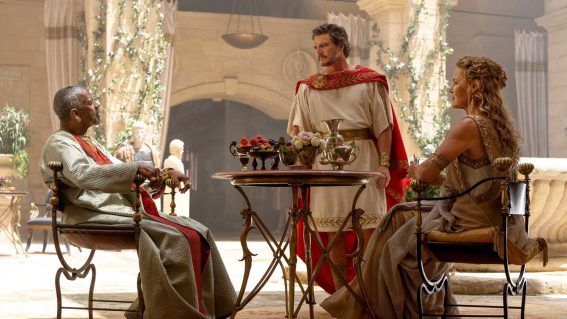S is for: Sex and the City 2 + Space Jam: A New Legacy: end-stage capitalism double feature
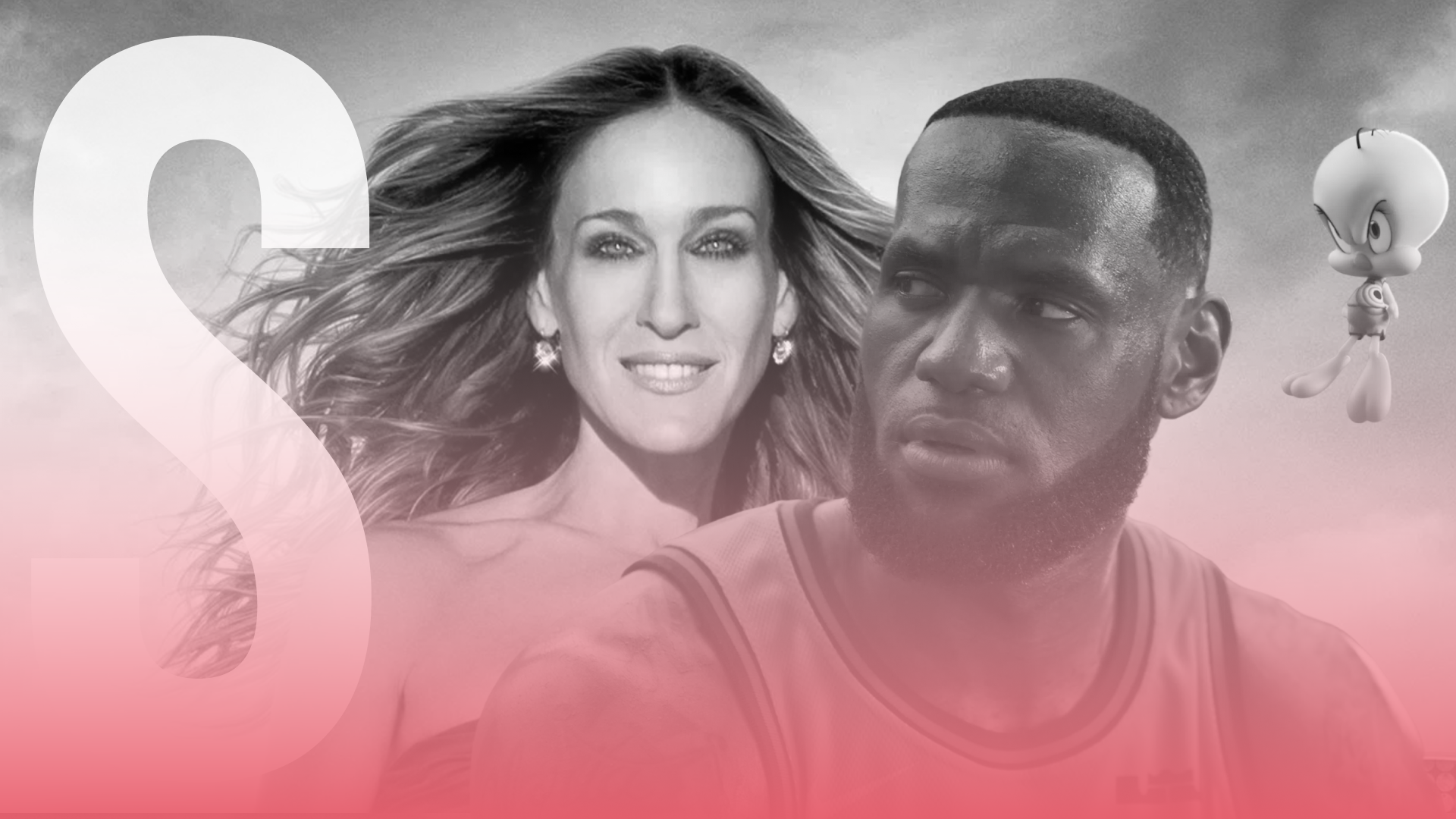
In monthly column The A-to-Z of Trash, bad movie lover Eliza Janssen takes us on an alphabetically-ordered trip through the best bits of the worst films ever. This month, however, an exception is made for Eliza’s most hated films ever—a pair of intellectual-property-milking, idol-worshipping, joyless studio sequels. They’re about shopping and basketball.
I love bad movies: you may have noticed this. But when I’m asked what the worst movie I’ve ever seen is, the question is always complicated, for my love is so pure. There are insipid, zero-budget, almost unwatchable student films that have heart, and heartless big-budget studio disasters that put me in a transcendent state of bliss with how watchably bonkers they are. Are there really movies that I think are detrimental to humanity as a species, movies towards which I feel comfortable expressing my complete revulsion and hatred?
The answer is two-pronged: the worst movies I’ve ever seen are Sex and the City 2, and Space Jam: A New Legacy. They are both sequels, and handily for the purposes of this column, their titles both begin with the letter S. They have both charged, informed and radicalised my practice as a film critic in how they transcend the mere crappiness of craft and morality and cheerily present worldviews that I have no choice but to interpret as evil. And yeah, I’ve seen plenty of those A Serbian Film-esque shockers on effedupmovies.com—this accursed double feature is darker.
Both bad movies are slickly competent, with moments of spectacle—bonkers costumes and a Liza Minelli cameo for SATC2, zippy animated action for SJANL—that function as we sense in our bones they should. The second Sex and The City feature film, though, suffers from feeling like a lost season of the beloved TV show upon which it’s based, crammed into an unwieldy 146 minute runtime.
Some QAnon nutcases like to crow about how Hollywood blackmails its stars to undergo ‘humiliation rituals’, and that’s obviously a complete conspiracy, but I can’t say that the term didn’t spring to mind on my rewatch. Humiliation (and aspirational consumerism) was always a part of Carrie and co.’s foibles as they dated, discussed and shopped their way through their 30s. But with the film following the same group of women into moneyed, materialistic middle age, it’s entirely unrelatable. Alienating. Gone are their human mistakes, excusable for their youthful age and the growth that inevitably happens over six seasons. They’re trapped in time now—lost in the supermarket, or the Manolo Blahnik store, or whatever.

For an example, let’s settle on a scene of the foursome landing in Abu Dhabi, courtesy of horndog Samantha (Kim Cattrall) having to do uhhh some business there. Bitching at brunch as is their wont, the ladies ogle a veiled woman, commentating on how she’s going to eat a hot chip while wearing a niqab as if they happen to be sitting across from a talented zoo animal. They giggle at Muslim women wearing Burkinis in their ostentatious resort’s pool: imagine if they wore that! Lmao! Cut to Carrie and her pals riding camels in the desert, wearing the most costumey costumes you ever did see. Charlotte (Kristin Davis) falls off her camel; the camera focuses patiently on fabric gathering around her groin, a “camel camel toe”.
It makes me so sad, and then it does something useful and makes me angry. Each of the New Yorkers enters their Middle Eastern holiday with some personal gripes to detangle, and so Carrie is concerned that her marriage to Boss Baby Mr Big (Chris Noth) has lost its sparkle, because he has requested to watch Deadliest Catch on the TV at home instead of going out for dinner every night. Her faith in love in buoyed when her personal butler Gaurau (Rasa Jaffrey) tells her about his own complicated marriage: an underpaid migrant worker from India, he hasn’t seen his wife and family in years, slaving away to serve women just like Carrie so that he might offer one thousandth degree of her life’s luxury to his loved ones. You would expect Carrie’s reaction to this sobstory to be one of reckoning with privilege—but nope, the class struggle is immediately weaponised for her validation. See?, Carrie and the movie grin at us through deadened eyes: we’re not so different from these foreigners! Women be shopping. The free market be working.

Space Jam: A New Legacy is not quite as infuriating, but its soulless reconstituting of old, bad references and old, good movies does do something to my amygdala. If you watched the other IP-fellating Warner Bros. flop The Flash, or Spielberg’s Ready Player One, and wished that they were at once more ambitious and more joyless in their brand worship, this is the synergistic corporate product for you. Lebron James takes over from Michael Jordan (they’re both about as good at acting as each other, IMO) in a very 2020-ized remake of the 90s crossover sensation—a basketball hero and hip-hop soundtrack colliding into family friendly fun, animation meeting live-action, etc.
This time, the titular ‘jam’ takes place not in space, but in a video game inside the Warner Brothers ‘ServerVerse’. The villain is Don Cheadle in a sequinned bomber jacket as evil AI Al-G. Rhythm. His villainous plan is to delete Bugs Bunny and his Looney Tunes pals from existence, and to trap James in the studio’s unholy digital conglomerate of franchises for all eternity, along with such seminal ‘properties’ as The Wizard of Oz, Casablanca, Mad Max: Fury Road and my precious enslaved darlings the Gremlins.
This is obviously awful, but it’s bizarrely representative of actual Warner Bros. CEO David Zaslav’s basic corporate principles—he’s deleted Batgirl and Wile E. Coyote movies, and greenlit gruesome and cynical cashgrabs like this very film, which shamelessly throws together Rick and Morty with Kubrick characters and then tells us that’s a bad thing to do. It grandstands about tradition being best, about humour and heart winning the day, and then asks us to watch Tweety Bird’s granny in a decades-too-late Matrix parody, asking the cops pointing guns at her head as she hacks: “can’t a lady check her Twitter?” Groan. It asks us to lower ourselves to bob our heads to a Porky Pig rap.
Of the two movies, Space Jam: A New Legacy presents a more existential threat to culture, whereas Sex and the City 2 is just one of the most ethically bankrupt studio films of the 2010s. They’re both imperial propaganda, expensive and expansive only to spread a message of established capital reigning supreme. So why are they in my column for bad movies with secret beauty in their hearts?
The bottom line is that they teach me something about myself, and about what I hold dear. You probably didn’t need to spend four accumulative hours on learning this stuff, but anyhow: bigger is not always better. Sometimes it’s just bigger. And sometimes, bigger makes enough vacuous space that you can see through its gaping holes to a better world beyond. Goddamnit I need to read a book or go for a walk or something.








